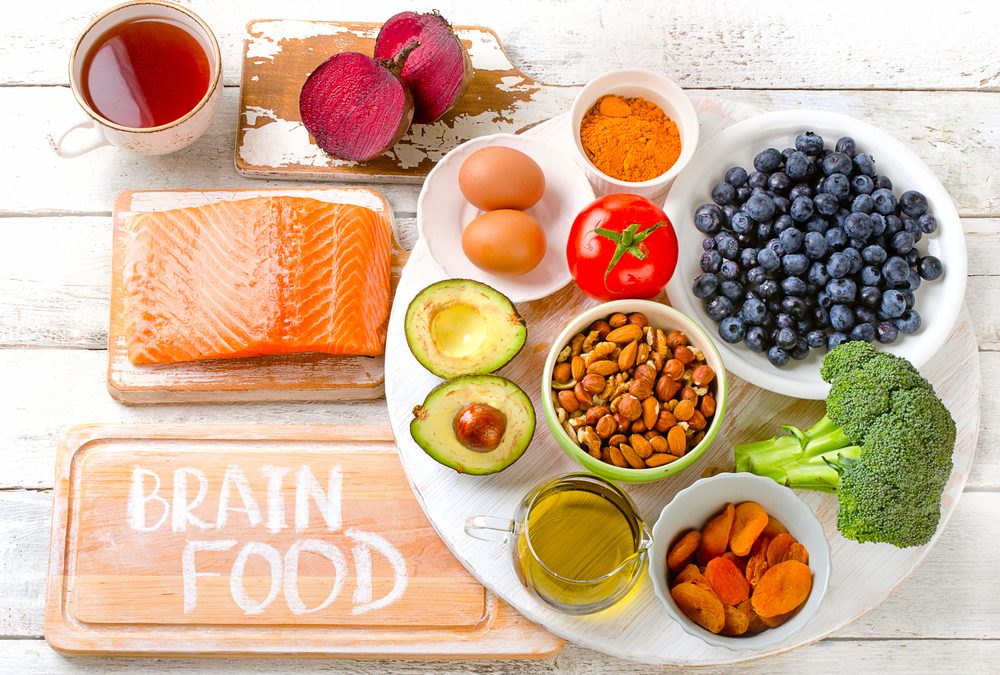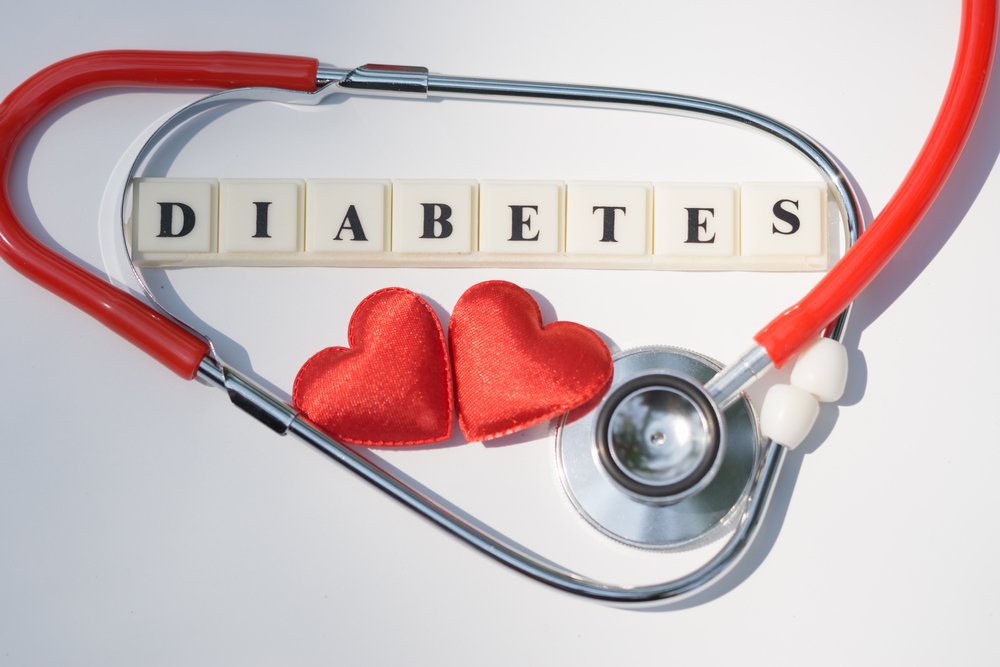Let’s be real — growing and nurturing a tiny human is nothing short of miraculous. From the first trimester to those late-night newborn cuddles, your body is performing countless behind-the-scenes tasks to support both you and your baby.
And while most people talk about prenatal vitamins, hydration, and rest (all super important!), there’s another quiet player worth mentioning — collagen. This structural protein works tirelessly throughout pregnancy and postpartum, helping your body stretch, heal, and recover.
The Vital Role of Collagen During Pregnancy
You might recognize collagen as the go-to supplement for glowing skin or flexible joints, but during pregnancy, it becomes even more essential. As your body expands, your joints soften, and your skin stretches, collagen is part of nearly every process helping you adapt to these changes.
1. Keeping Skin Elastic and Resilient
As your bump grows, your skin is under pressure to expand quickly. Collagen supports skin elasticity and firmness, which may help reduce the visibility and depth of stretch marks. Think of it as giving your skin the strength and flexibility it needs to keep up with your body’s transformation.
2. Supporting Joints and Reducing Aches
Pregnancy hormones like relaxin make joints and ligaments more flexible — a necessary but often uncomfortable part of preparing for birth. Collagen contributes to joint stability by reinforcing cartilage and connective tissue, helping reduce discomfort in the hips, knees, and lower back.
3. Promoting Healthy Circulation
Your blood volume increases significantly during pregnancy. Collagen plays a role in maintaining strong, flexible blood vessels, supporting this surge in circulation while also promoting optimal nutrient delivery to your growing baby.
Why Collagen Matters After Birth
Once your little one arrives, your body enters a new phase — recovery. Whether you’ve had a natural birth or a C-section, collagen continues to play an important role in healing, tissue repair, and rebuilding strength.
1. Tissue Repair and Postpartum Recovery
Collagen is a key component in the body’s repair process. It supports skin, muscle, and connective tissue regeneration, aiding in wound healing and overall recovery after childbirth.
2. Managing Postpartum Hair Changes
That sudden shedding a few months after birth? Completely normal — it’s your body’s way of rebalancing hormones. Collagen provides amino acids like glycine and proline, which nourish hair follicles, helping support thicker, healthier regrowth over time.
3. Strength for the Demands of Mom Life
Caring for a newborn means long hours, awkward postures, and a lot of lifting. Collagen helps protect joints and support muscle recovery, so you can move more comfortably — even when you’re running on little sleep.
Choosing the Right Collagen for Pregnancy and Postpartum
Before starting any supplement, it’s always best to consult your doctor, especially during pregnancy and breastfeeding.
Once you’re cleared, marine collagen is often the preferred choice for many moms. It’s:
-
Highly bioavailable, meaning it’s easily absorbed by the body
-
Naturally rich in Type I collagen, ideal for skin, hair, and tissue support
-
Clean and sustainable, especially when sourced from wild or cold-water fish
Ballstad Salmon Collagen, made from pure Norwegian salmon, offers a tasteless, odorless, and dissolvable option that blends effortlessly into your daily routine — whether it’s your morning smoothie, oatmeal, or cup of tea.
Collagen as Self-Care for Moms
Pregnancy and postpartum aren’t just about your baby — they’re also about you. Supporting your body isn’t indulgence; it’s essential care.
Collagen supplementation can be a simple yet powerful way to replenish strength, enhance recovery, and nurture your skin and joints from within.
Because while your body gives so much during this incredible chapter, it deserves some love in return — and a little collagen can go a long way toward helping you feel strong, radiant, and resilient.




